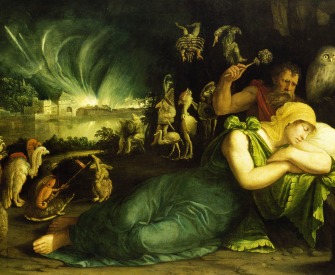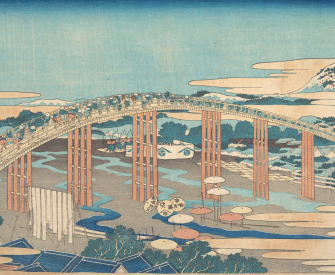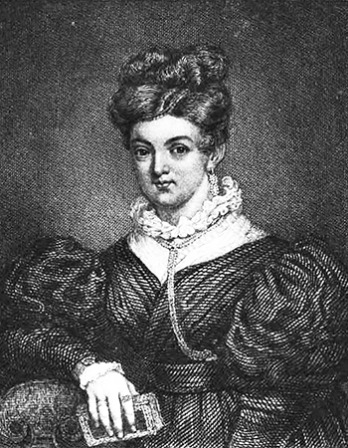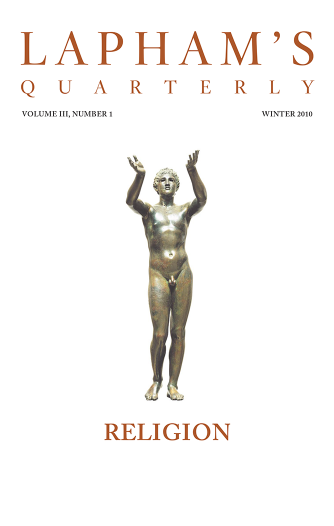My Dear and Good Father,
I have so much to write of my new creations that it is at the moment impossible for me to enter into great detail, so I write you only on a quarter of a sheet. I intend to write, as soon as I have put it into order, and when possible to publish, a work on parallels. At this moment it is not yet finished, but the way I have hit upon promises me with certainty the attainment of the goal, if it in general is attainable. It is not yet attained, but I have discovered such magnificent things that I am myself astonished at them. It would be damage eternal if they were lost. When you see them, my father, you yourself will acknowledge it. Now I cannot say more of them, only so much: that from nothing I have created a wholly new world. All that I have hitherto sent you compares to this only as a house of cards to a castle.
P.S. I dare to judge absolutely and with conviction of these works of my spirit before you, my father; I do not fear from you any false interpretation (that certainly I would not merit), which signifies that, in certain regards, I consider you as a second self.
[From his father’s reply:]
If you have really succeeded in the question, it is right that no time be lost in making it public for two reasons: first, because ideas pass easily from one to another, who can anticipate its publication; and secondly, there is some truth in this, that many things have an epoch in which they are found at the same time in several places, just as the violets appear on every side in spring. Also, every scientific struggle is just a serious war in which I cannot say when peace will arrive. Thus we ought to conquer when we are able since the advantage is always to the first comer.
Born in what was then part of the Hungarian Hapsburg Empire, János Bolyai was the son of a renowned mathematician. By the age of thirteen the younger Bolyai had begun to follow in his father’s footsteps, becoming skilled at both calculus and analytic mechanics. He spent much of his life attempting to prove Euclid’s parallel axiom and, later, worked on theories of non-Euclidian geometry.
Back to Issue





